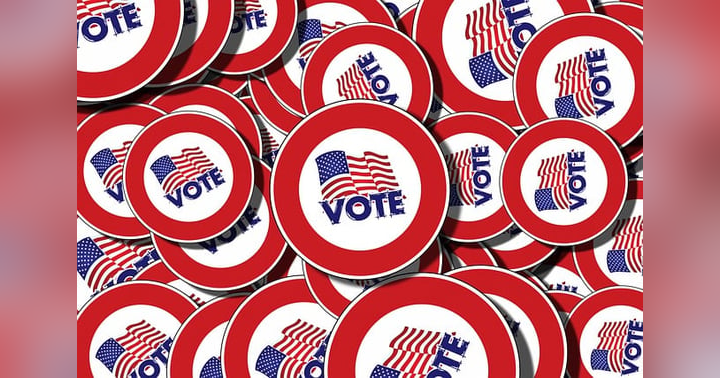Voting Rights: A Fight for Democracy's Future

Introduction
In our latest podcast episode, America at a Crossroads: The Legal, Social, and Ethical Future of Voting, attorney Bernie Brown and I, Dr. Choctaw, engaged in a critical conversation about the state of voting rights in the United States. We delved into the complex legal battles, ethical concerns, and tactics used to suppress voter participation, highlighting the urgent need to protect access to the ballot box and safeguard our democracy. This blog post expands on that discussion, providing a deeper dive into the key issues and their implications for the future of our electoral system.
The Current Landscape of Voting Rights
The right to vote is a cornerstone of American democracy, guaranteeing every citizen a voice in shaping our nation's future. However, the reality on the ground paints a different picture. Across the country, various legal challenges and policy changes have chipped away at this fundamental right, making it increasingly difficult for certain demographics, particularly marginalized communities, to exercise their franchise.
Legal Battles and Ethical Concerns
The fight for voting rights is a continuous struggle, often playing out in the courts. From landmark cases like Shelby County v. Holder, which effectively weakened the Voting Rights Act, to more recent legal battles surrounding voter ID laws and absentee voting, the legal landscape surrounding access to the ballot box remains contested. The ethical implications of these legal battles are profound, raising concerns about voter suppression, disenfranchisement, and the erosion of democratic principles.
Voter Suppression: Tactics and Consequences
Voter suppression, defined as any practice that aims to restrict or hinder voting, has become a growing concern. Tactics employed include stringent voter ID requirements, purging of voter rolls, limited early voting hours, and gerrymandering. These measures disproportionately impact minority voters, the elderly, and low-income individuals, effectively silencing their voices and undermining their participation in the electoral process.
The consequences of voter suppression are far-reaching. They contribute to political disengagement, erode public trust in the democratic system, and perpetuate inequalities. By making it harder for certain groups to vote, we create a system where those with power and resources have a disproportionate influence, further marginalizing already vulnerable communities.
The Evolving Landscape of Electoral Integrity
The fight for voting rights is not just about protecting the existing system; it's about actively ensuring the integrity and fairness of our elections. The rapid advancements in technology and the rise of misinformation present new challenges, requiring us to be vigilant about safeguarding our electoral processes.
Protecting Democracy: What We Can Do
Preserving voting rights and ensuring a fair and accessible electoral system requires a multi-faceted approach.
- Educating ourselves and advocating for policies that promote voter access.
- Holding our elected officials accountable to protect the right to vote for all.
- Supporting organizations dedicated to voter protection and promoting civic engagement.
- Rejecting misinformation and disinformation that undermines trust in our elections.
Conclusion
Voting rights are not merely a legal or political issue; they are foundational to a functioning democracy. As we discussed in our podcast episode, the battle for voting rights is far from over. The legal challenges, ethical concerns, and evolving landscape of electoral integrity require our continued vigilance and commitment to safeguarding this fundamental right. By raising awareness, engaging in dialogue, and taking action, we can contribute to building a more just and democratic society where every voice is heard and every vote counts.




